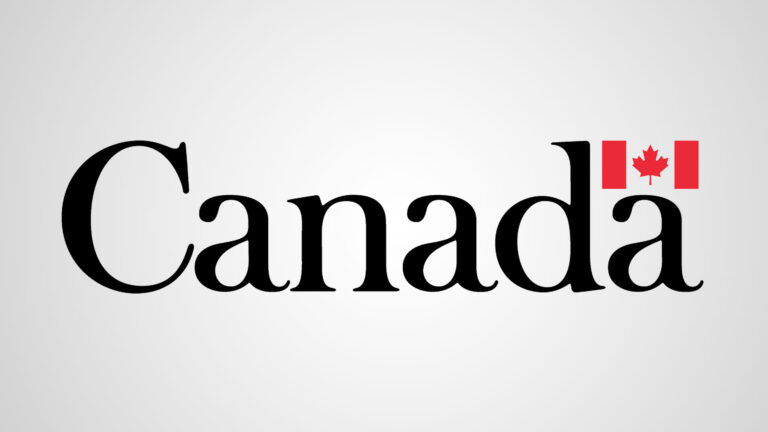
Through a Ministerial Order, Health Canada has introduced new measures to reduce the appeal of, access to, and use of new and emerging nicotine replacement therapies (NRTs) by young people for recreational purposes. The Order, which came into effect August 28, 2024, includes new measures that
- require NRTs in new and emerging formats, such as nicotine pouches, to be sold only by a pharmacist or an individual working under the supervision of a pharmacist, and to be kept behind the pharmacy counter;
- restrict access to NRTs to adults (individuals 18 years of age and older) who use these products to help them quit smoking;
- prohibit NRTs in new and emerging formats, such as nicotine pouches, from being sold with flavours other than mint or menthol;
- require a front-of-package nicotine addiction warning, as well as a clear indication of the intended use as a smoking cessation aid for adults trying to quit smoking; and
- prohibit advertising or promotion, including labelling and packaging, that could be appealing to youth.
NRTs are regulated as drugs under the Food and Drugs Act. All NRTs must be approved by Health Canada and carry an approved health claim to be legally sold in Canada Pharmacy teams should review the List of Nicotine Replacement Therapy Dosage Forms that may be Accessible for Self-selection by Purchasers or Consumersreferred to in the Ministerial Order to determine which NRTs are affected. For adults who smoke and are trying to quit, smoking cessation aids—such as nicotine gums, lozenges, sprays, and inhalers—which have an established history of appropriate use, are not affected by this Ministerial Order and will continue to be available in a wide range of retail locations.
Note that new and emerging NRTs affected by the Ministerial Order are not Schedule 2 drugs, but must be kept behind the pharmacy counter and must only be sold to individuals 18 years of age and older by a pharmacist or an individual working under the supervision of a pharmacist. Pharmacy teams are encouraged to refer to evidence-based practice guidelines and best practices for nicotine replacement therapy.




